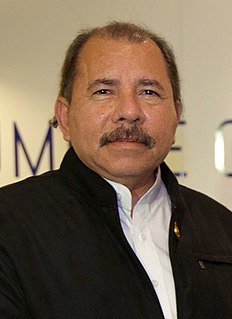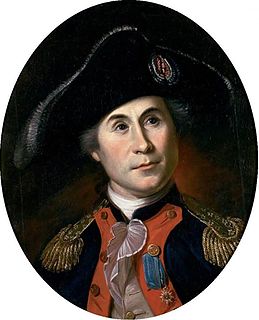A Quote by John McDonnell
We have to face up to the fact that without the armed uprising in 1916 Britain would not have withdrawn from southern Ireland.
Related Quotes
'A Naval History of Britain' which begins in the 7th century has to explain what it means by Britain. My meaning is simply the British Isles as a whole, but not any particular nation or state or our own day... 'Britain' is not a perfect word for this purpose, but 'Britain and Ireland' would be both cumbersome and misleading, implying an equality of treatment which is not possible. Ireland and the Irish figure often in this book, but Irish naval history, in the sense of the history of Irish fleets, is largely a history of what might have been rather than what actually happened.
When my family moved from Ireland in the 70s, Britain was such a difficult place to be Irish. It was a decade of real social and economic upheaval in Britain. There were strikes, the three-day week, the oil crises, huge inflation, the winter of discontent and, what was it, four Prime Ministers? And relations between Britain and Ireland at that time were at an all-time low. I was born in the year of Bloody Sunday and of course the pub bombings happened in the mid-1970s.
I think if you're going to do a movie about Reagan, you do it about the fact that he created the huge deficit, that he armed the Mujahideen, that he armed Saddam, that he armed Iran, that he armed two-thirds of the Axis of Evil, and that he funded terrorists in Central America. He was, in my mind, a terrible president.
British rule depends upon repression and collaboration and the Irish people should recognise that those who collaborate with Britain in exchange for a slice of the cake will implement British policy and remain silent when Irish people are murdered and oppressed. It is they who are responsible for prolonging the war in Ireland. Without the quislings, without the collaborators, we would already have reached freedom.
One of the real costs of the war is that our security is actually less than it otherwise would have been - ironic, since enhancing security was one of the reasons for going to war. Our armed forces have been depleted - we have been wearing out equipment and using up munitions faster than we have been replacing them; the armed forces face difficult problems in recruitment -by any objective measures,including those used by the armed forces, quality has deteriorated significantly.


































